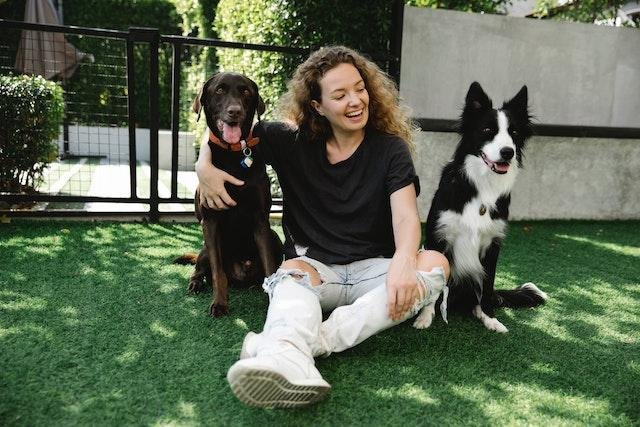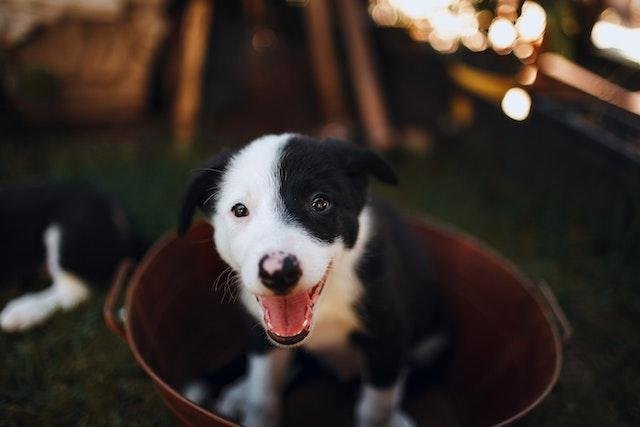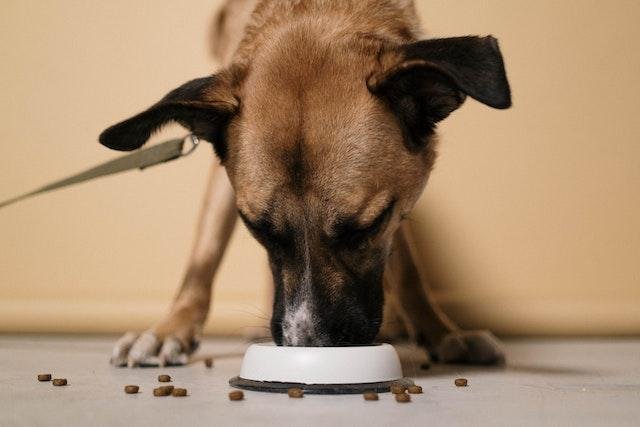
More than one dog at home? Problems? Or want to add a dog to your doggy family? It’s time to weigh up the facts and think long and hard before you get another dog.
Multi-dog households can be a pleasure and a curse. I absolutely love watching my dogs playing together, and we have a lot of visiting dogs too. It’s a lot of fun. Nevertheless I am very careful when it comes to compatibility and temperament.
Dogs together can get along fine – in fact I try to take the view that there is no reason why they wouldn’t. Nevertheless at work I am asked to sort out doggy problems that stem from multi dog households.
Should I get another dog?
You must ask yourself the following question first. ‘Why do I want another dog?’
Is your existing dog lonely? Bear in mind that separation anxiety may not be cured by getting another dog, since your dog may well be missing you, and only you. In other words, a new dog may end up missing you as well, but the dogs may not be comforted by each other. That’s how separation bonds seem to work. Is your current dog really overexcitable and perhaps you are hoping that a new dog will calm your existing one down? They might. However, it might be that as you have not really got to grips with your current dog’s behaviour, you will then end up with TWO very unruly dogs.
Don’t ever, ever get another dog to try and sort the other dog’s problems out without professional advice from a qualified trainer or behaviourist. In my experience it can easily send you from one problem to two big bad ones (or worse), because the dogs interact as well and can learn all sorts of things from each other.
Will the dogs get along?
Dogs are social creatures – they can get on but then again, they may not get on. I am a strong believer in dogs generally wanting to get along and peacefully co-exist. However, I do see a number of cases in my behaviour work indicating that not every dog wants another dog muscling in on all their resources. Comfort, attention, locations are not always wanting to be shared. Bear this in mind. If you do get a new puppy, be aware that the older dog may not exactly be feeling ‘jealous’ but they certainly may not appreciate suddenly having all their best things limited or shared.
Is it much extra work?
Yes, two dogs (or more) is in my opinion a lot more work than one dog. Exponentially more work! You might think that you are just adding to a bit to the food bill. Think again. Dogs form relationships with each other as well, so what was a fairly simple family relationship with one dog suddenly adds in a whole number of new interactions. Often, one dog’s behaviour will spark off another. Be ready to deal with that by teaching each dog separately.
Practical considerations
This is what most people are really good at, but nevertheless you need to make certain you have made provision for things like:
- Kennelling or other care whilst you are on holiday. Be aware that some holiday places will allow one dog but not more than one.
- Vet treatments – regular ones, such as vaccinations, flea and worming treatments, but also those unexpected Vet bills that can really set you back.
- Insurance – This is quite pricey for one dog and you may get discounts for additional dogs within the household. Nevertheless in my experience many owners of more than one dog simply feel that they cannot afford the premiums. You should always make sure your dog is covered by at least third party insurance in case they cause an accident.
- Microchipping – This is a one off cost, but essential!
- And finally, and most importantly in my view, TRAINING! And the training has to be done SEPARATELY…(at least, at first).
Often if there is a problem with more than one dog it is likely they are setting each other off and escalating the situation. Owners do not look forward to the prospect of having to take the dogs out separately to teach them. Nevertheless, trying to train several untrained dogs in one go is rather like as Lord Alan Sugar (from The Apprentice) is fond of saying ‘Trying to nail jelly to a wall’. Or better described by my Mum’s favourite saying ‘Trying to put an Octopus into a string bag’…or even ‘Trying to catch a greased pig…’ (don’t ask!)
In other words, it is not easy at all. It is far more effective to train one dog, then train the next one, then train them together. This way you can really keep an eye on reliability and most of all that age-old standby of the trainer: ‘Be consistent’.
What about a new puppy and an older dog?
Try and make sure that whilst the new puppy gets time to play with the older dog, the older dog needs time to themselves, too. Don’t rely on your other dog or dogs to be the only ones that teach puppy the life lessons it needs. It can put a lot of strain on the older dog. Take your puppy out and mix it with other, nice adult dogs of all shapes and sizes. Give the older dog time to play separately with his or her normal buddies, too. And most of all, give each dog some quality time alone with you and your family.
Consult help from an expert
Never be afraid to ask for help. Act before things escalate or get to the point where your dogs are actually fighting regularly. You may witness the occasional skirmish, but any real signs of a fight – call a qualified accredited behaviourist. It is sometimes easier to get an outsiders view, and not a friend or family member. Paid-for advice is independent and valuable because that person is an expert in their profession. If you have other problems with your dog you would like addressed, contact Karen Wild, behaviourist and trainer for support.
Karen x
– Karen Wild




